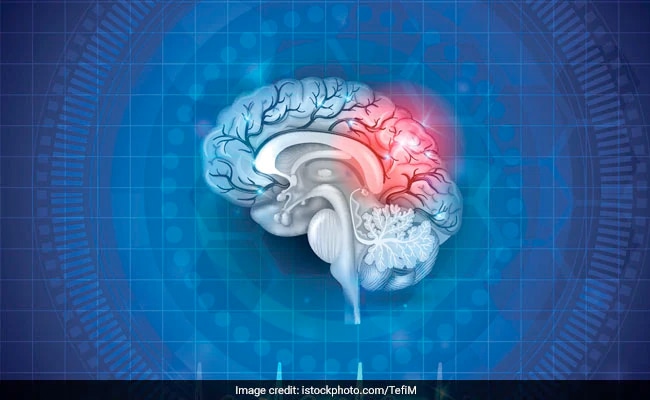Alzheimer's disease is a major health concern worldwide, with a rapidly growing number of cases. Over 55 million people worldwide live with dementia, with Alzheimer's being the most common form. This number is projected to nearly double by 2030, reaching 78 million, and then again by 2050 to a staggering 139 million, according to Alzheimer's Disease International. The burden of Alzheimer's disease is disproportionately felt in low- and middle-income countries. Currently, over 60% of dementia cases reside in these regions, and this number is expected to rise to 71% by 2050.
The fight against Alzheimer's disease faces a critical juncture. Recent controversies have shaken the foundation of a long-held theory, prompting researchers to explore new avenues.
A pivotal 2006 study linking beta-amyloid protein to Alzheimer's is under scrutiny for potentially fabricated data. This casts doubt on the effectiveness of Aducanumab, an FDA-approved drug targeting beta-amyloid, despite conflicting data about its benefits.
With millions grappling with the disease, the lack of a definitive treatment is a pressing concern. Researchers are branching out, exploring alternative theories. Some point to dysfunctional mitochondria, the cell's powerhouses, as the culprit. Others explore the possibility of a bacterial or metal-related origin.
This renewed focus on diverse causes offers a glimmer of hope. The global dementia crisis demands innovative solutions. With new diagnoses every three seconds, the need for effective treatments and support systems is ever more crucial.
Researchers, families, and healthcare systems all stand to benefit from a deeper understanding of Alzheimer's. Unraveling its complexities will pave the way for better treatment options and improved quality of life for patients and their loved ones.






Leave a Reply